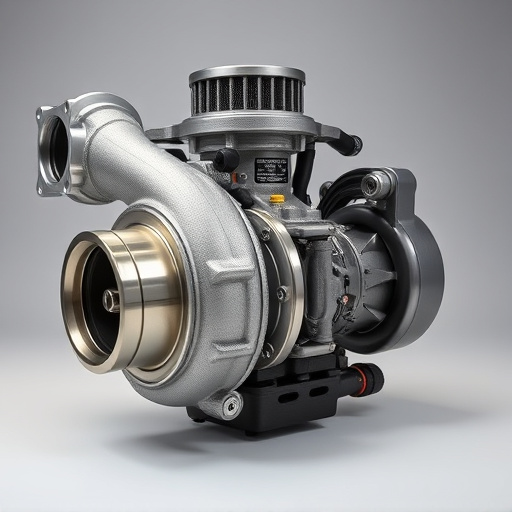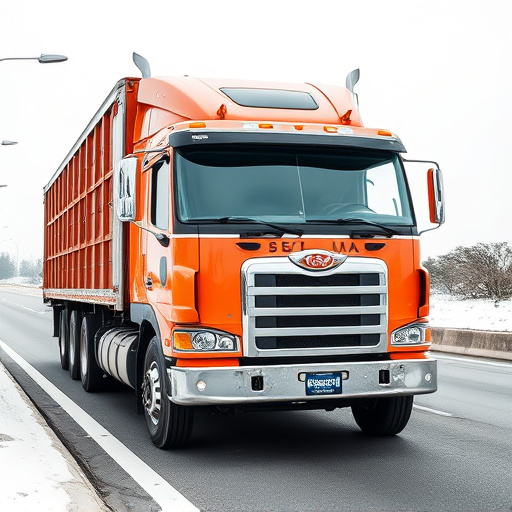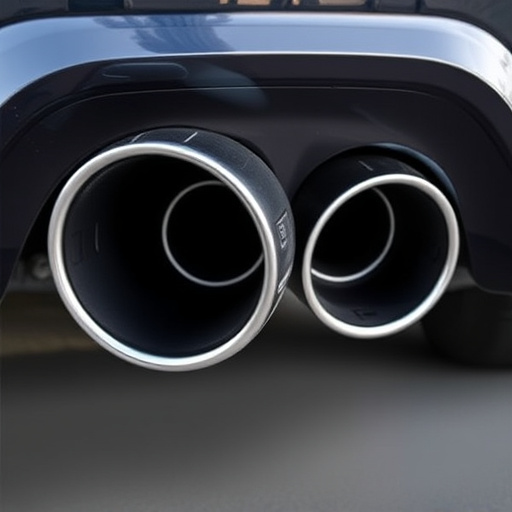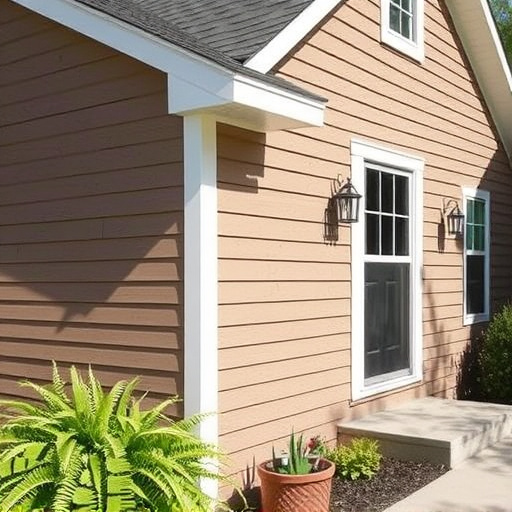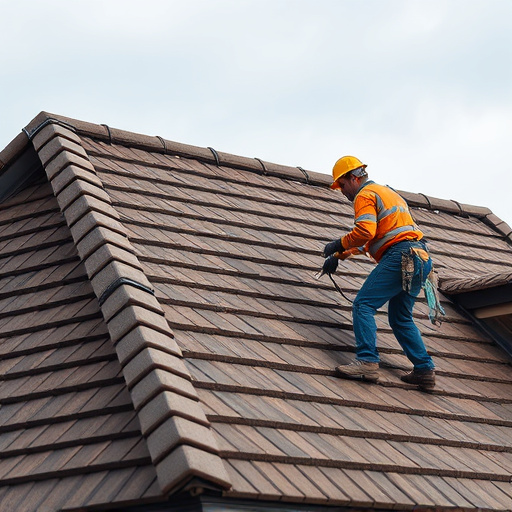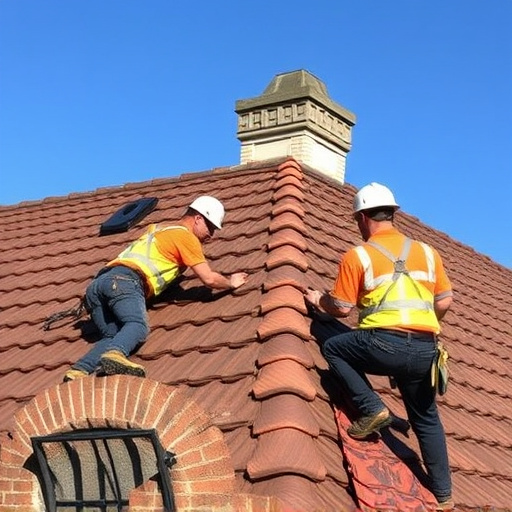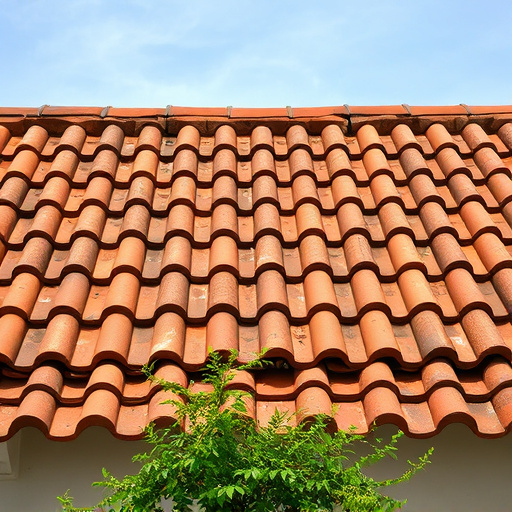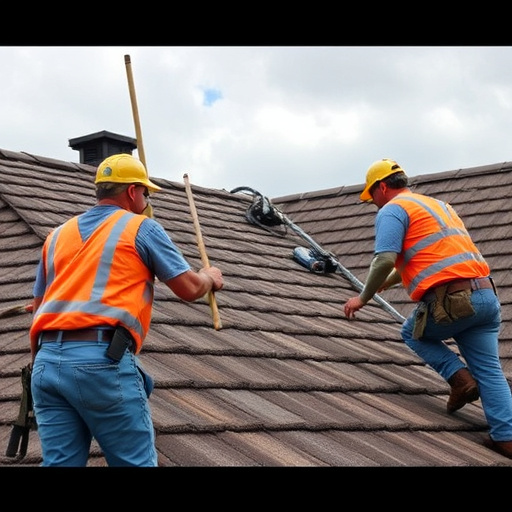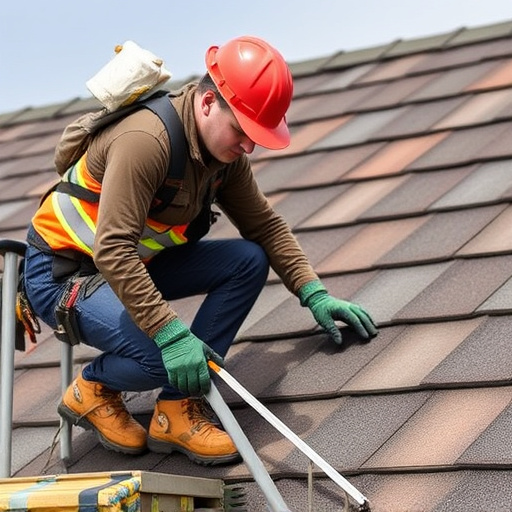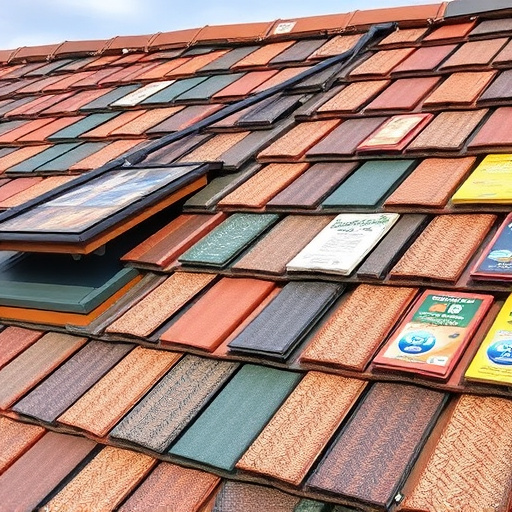Aluminum gutters are lightweight, cost-effective, and customizable but lack steel's durability. Steel gutters offer superior strength against corrosion, extreme weather, and long-term damage, making them a more expensive but reliable option for gutter installation. Consider property needs, climate, and aesthetics to determine the best choice for your home exterior services, balancing initial cost with future longevity.
When considering gutter installation, the choice between aluminum and steel is paramount. Each material offers unique benefits, from aluminum’s lightweight nature and ease of cleaning to steel’s superior strength and corrosion resistance. This article delves into these contrasts, guiding you through the pros and cons of each. By understanding their characteristics, you’ll make an informed decision for your home’s protective framework, ensuring optimal drainage and longevity.
- Understanding Aluminum Gutters: Pros and Cons
- Steel Gutter Advantages: Durability and Longevity
- Factors Influencing Your Final Decision
Understanding Aluminum Gutters: Pros and Cons
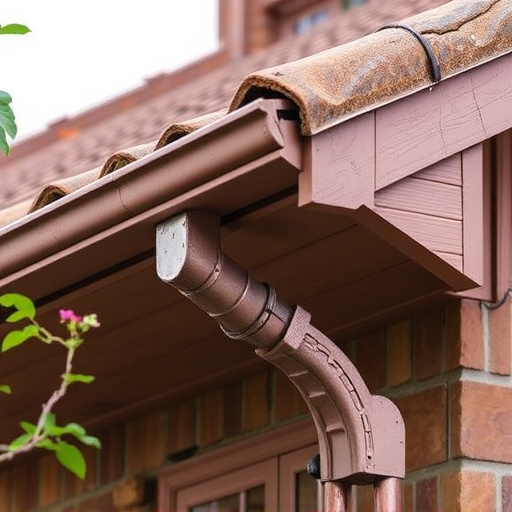
Aluminum gutters are a popular choice for many homeowners considering gutter installation due to their numerous benefits. Pros include lightweight construction, making them easy to install and handle, as well as corrosion resistance, ensuring they last for years with minimal maintenance. They also offer excellent thermal conductivity, helping to manage downspout clogs by freezing rain or debris. Moreover, aluminum’s flexibility allows for easier bending and customization to fit various roof shapes, making it suitable for both new construction and replacement projects. However, a con is its lower strength compared to steel, which might require more frequent repairs or replacements over time.
When considering aluminum gutters, homeowners should also be aware of potential drawbacks, such as their tendency to dent easily from impact or heavy debris. While they offer a cost-effective solution for gutter installation and are versatile, they may not be the best choice for areas prone to extreme weather conditions like heavy snowfall or strong storms, where more robust materials could provide longer-lasting protection for your home’s exterior services, including siding repairs.
Steel Gutter Advantages: Durability and Longevity
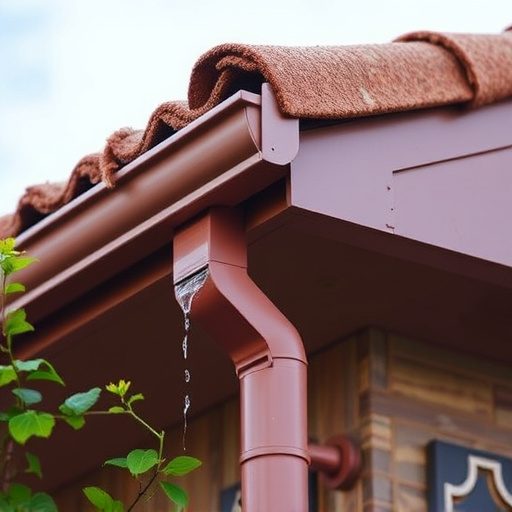
When considering gutter installation, choosing between aluminum and steel is a key decision for any homeowner. Steel gutters offer a compelling set of advantages that make them a superior option for many. One of the most significant benefits is their durability and longevity. Steel is known for its exceptional resistance to corrosion and rust, ensuring your gutters remain strong and functional for years to come. This durability translates into a lower need for replacement, making steel a cost-effective choice in the long run.
Moreover, steel’s robust nature makes it highly resistant to damage from common outdoor elements like heavy rainfall, ice, and wind. Unlike aluminum, which can bend or dent easily, steel gutters maintain their structural integrity even under extreme conditions. This feature not only extends the life of your gutter system but also provides peace of mind, knowing that your home’s exterior is protected by reliable, high-quality materials, potentially saving you from costly repairs in the future and offering comprehensive home exterior services.
Factors Influencing Your Final Decision
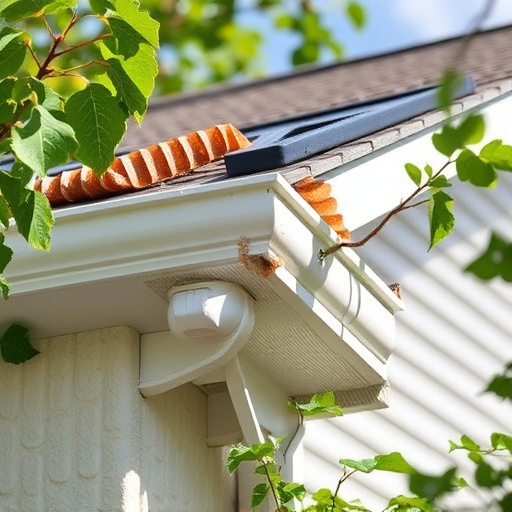
When deciding between aluminum and steel gutter installation for your property, several factors come into play. One of the primary considerations is the cost. Generally, aluminum gutters are more affordable than their steel counterparts, making them an attractive option for homeowners looking to save on their gutter installation or replacement budget. However, while initial costs might be lower, steel gutters often offer better long-term value due to their superior durability and resistance to corrosion.
Another crucial factor is the type of property you own. For commercial siding or roofing services, steel gutters may be a more suitable choice due to their ability to withstand heavier loads and harsher weather conditions. They are also sturdier and less prone to damage over time. Conversely, aluminum gutters can be a great fit for residential properties, as they are lightweight, easy to install, and require minimal maintenance. Consider your specific needs, the local climate, and the overall aesthetic you desire before making your final decision regarding gutter installation.
When deciding between aluminum and steel gutter installation, consider your climate, budget, and maintenance preferences. Aluminum offers lightweight flexibility and easier cleaning, while steel guarantees superior durability and resistance against corrosion. Ultimately, the best choice depends on balancing long-term reliability with upfront costs and ongoing upkeep. Make an informed decision for your home’s efficient gutter system.

